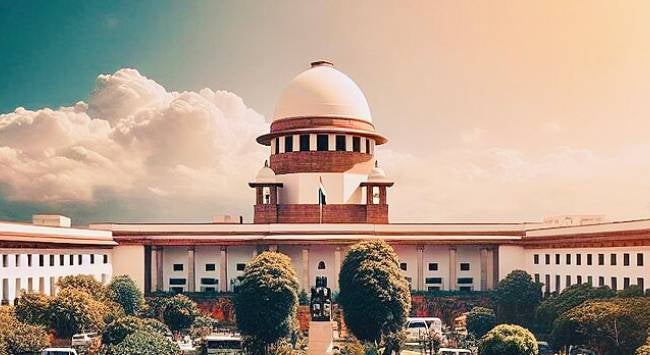
| Title: | Governors Cannot Delay Bills Indefinitely: Landmark Judgement by India’s Supreme Court |
| Author/s: | Vinod Rai |
| Abstract: | From the inception of the Indian constitution, the office of the Governor in states has, from time to time, been at the centre of controversies for several reasons, the most important being the range of discretionary powers that the holder of the office enjoys. In recent years, these controversies have multiplied. The Supreme Court has now raised questions about the functioning of the Punjab and Kerala governors. Issues around the powers and discretion of the Governors, and their functioning, have undergone judicial scrutiny. The Supreme Court, in its order delivered on 10 November 2023, laid down that the spirit of Article 200 has to be maintained. |
| Date: | 29 November 2023 |
| Read More |
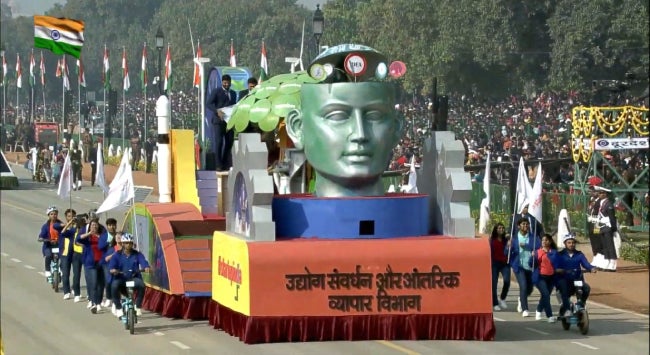
| Title: | Indian Start-ups Face Headwinds |
| Author/s: | Vinod Rai |
| Abstract: | The Indian start-up landscape has been acclaimed as a remarkable success story. The COVID-19 pandemic provided a boost to e-commerce as restrictions on physical movement helped boost online supply services. However, post the pandemic and with the tightening of liquidity in global markets, funding to start-ups has slowed down. There have also been reports of lapses in the governance standards of these start-ups, leading to scepticism among venture capital funds. However, with the re-engineering of governance fundamentals and with the Indian economy continuing to be resilient, it is expected that a turnaround will soon happen. |
| Date: | 27 September 2023 |
| Read More |
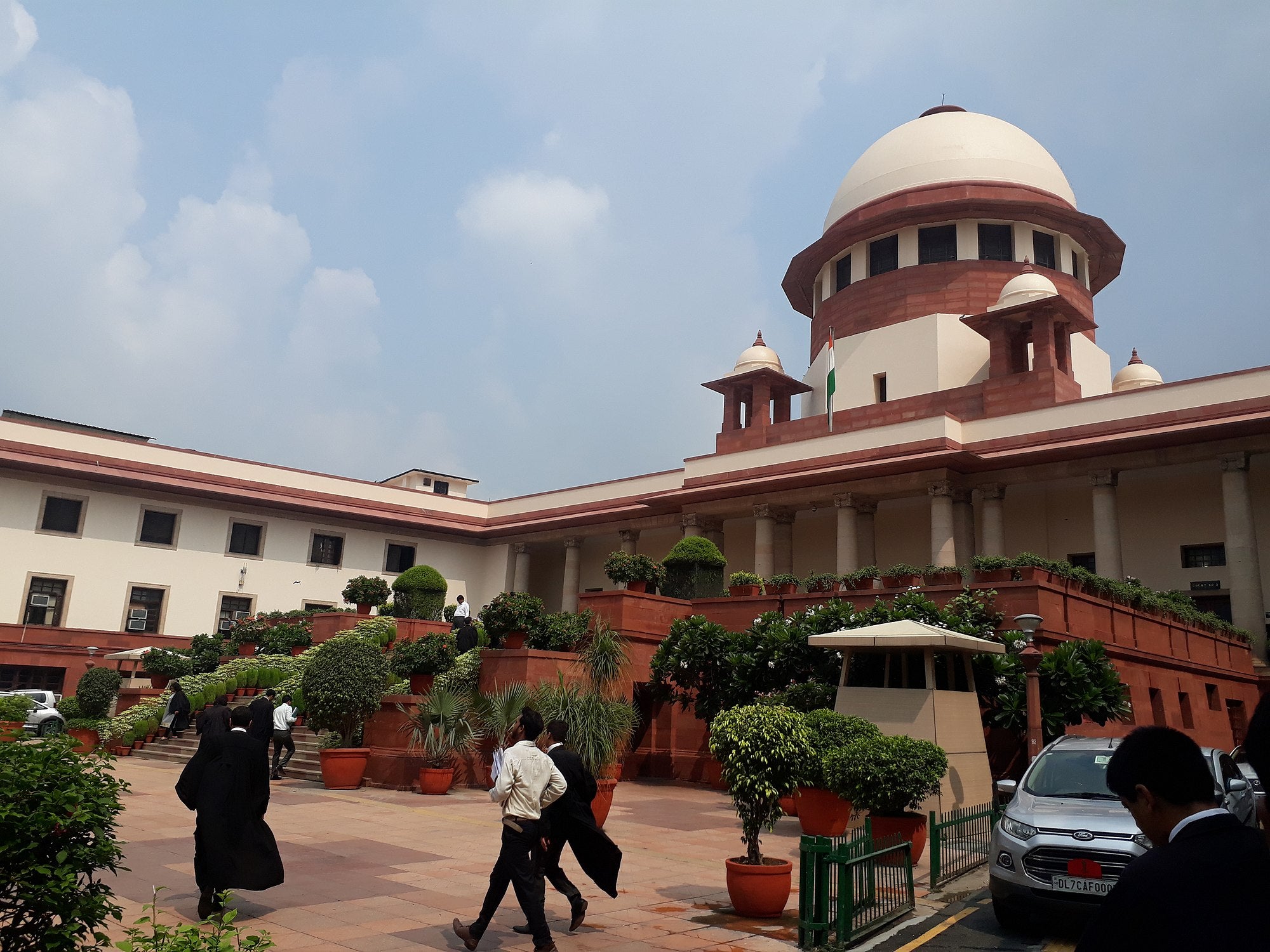
| Title: | Making Criminal Justice More Contemporary: India Introduces Three New Bills |
| Author/s: | Vinod Rai |
| Abstract: | In the recently concluded monsoon session of the Indian parliament, the government introduced the Bharatiya Nyaya Sanhita Bill, 2023, Bharatiya Nagarik Suraksha Sanhita Bill, 2023, and Bharatiya Sakshya Bill, 2023, which will replace the Indian Penal Code, 1860, Criminal Procedure Act, 1898, and the Indian Evidence Act, 1872, respectively. The new Acts are aimed at providing speedy justice and creating a legal system that is in line with the contemporary needs and aspirations of the people. The bills have been sent to the Parliamentary Standing Committee on Home Affairs. Alongside this, the Supreme Court has released a handbook on correcting gender stereotypes. |
| Date: | 4 September 2023 |
| Read More |

| Title: | The India-US Reaper Drone Deal: A New Beginning? |
| Author/s: | Yogesh Joshi, Tanuj Singh |
| Abstract: | India is set to procure 31 MQ-9B Reaper drones from the United States (US) in a US$3 billion (S$4 billion) deal poised to usher in a new era of Indo-US relations. However significant the military impact of the drones, their symbolic value will likely be their most noteworthy effect, as Reapers are beacons of strength and status. They will enhance India’s global image while simultaneously serving as a boost to indigenous industries, representing a Narendra Modi dual victory. Regional reactions range from unwelcome to hostile, but existing regional dynamics are likely to continue. The deal by no means formally aligns India with the US but rather indicates that cooperation is to be more forthcoming and frequent. |
| Date: | 18 August 2023 |
| Read More |
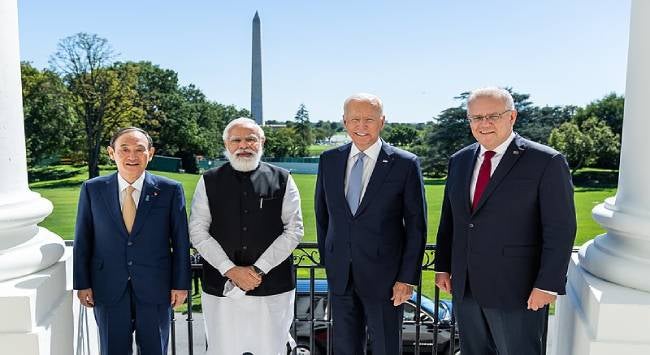
| Title: | India-US Partnership: Shedding Old Skins for a Brave New World |
| Author/s: | Monish Tourangbam |
| Abstract: | Indian Prime Minister Narendra Modi’s state visit to the United States (US) in June 2023 was high on both style and substance. The Joe Biden administration as well as the Indian American community rolled out the red carpet for the Indian prime minister. The joint statement released after the visit is rich in detail regarding the ongoing engagements and the promise of future cooperation. In the last two decades, India-US dynamics has moved from merely maintaining a relationship to building a partnership deemed as a defining one for the 21st century. The growth, particularly in defence trade and building military-to-military interoperability, has been exponential and highly tangible. The move towards a greater synergy of co-development and co-production in the defence sector is extremely crucial for India’s deterrent capability, and its rise is in America’s interest of maintaining a stable order in the Indo-Pacific. Therefore, it is imperative to assess the transformation in this relationship and the ways in which both countries are shedding old skin to navigate a brave new world. |
| Date: | 20 July 2023 |
| Read More |
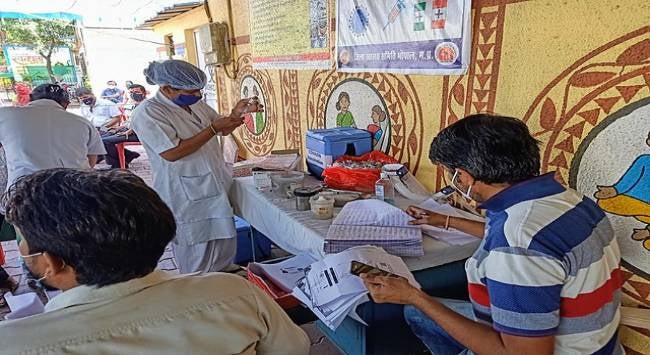
| Title: | The Struggle for Universal Healthcare in Asia |
| Author/s: | Azad Singh Bali |
| Abstract: | The global pandemic has reiterated the importance of strong and resilient health systems, ensuring that all societies enjoy universal and affordable access to healthcare services. This paper argues that efforts to sustain universal health coverage are contingent on governments navigating five key challenges – adequate resourcing; calibrating the design of health systems; working within existing institutions; dealing with entrenched and competing interests; and barriers in the implementation of health reform. |
| Date: | 26 June 2023 |
| Read More |
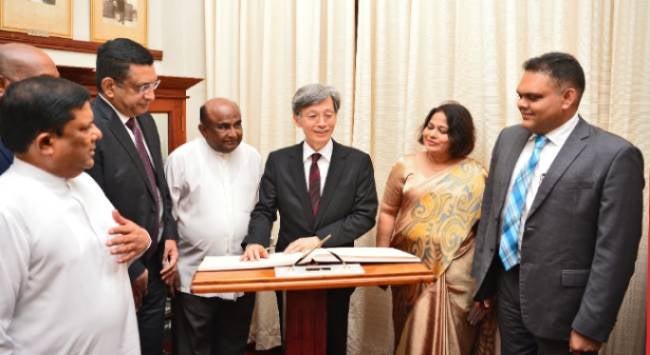
| Title: | Sri Lanka’s Reform Drive: Response to Economic and Political Crisis |
| Author/s: | Shavinyaa Vijaykumarr, Rajni Gamage, Chulanee Attanayake |
| Abstract: | To support Sri Lanka’s economic policies and government-led reform programme, the International Monetary Fund approved a 48-month extended arrangement of approximately US$3 billion (S$4.06 billion). This paper discusses Sri Lanka’s historical tax regime, characterised by low government revenue and inconsistent tax policies, as structural features that contributed to the economic crisis. Furthermore, the adoption of populist tax cuts and relief measures during the COVID-19 pandemic exacerbated the budget deficit, thereby worsening the economic crisis. This paper further explores the government’s efforts towards revenue-based fiscal consolidation and the strengthening of social safety nets. It also analyses the extreme concentration of power within the executive presidency as one of the primary causes of the crisis. The findings emphasise the importance of addressing tax regime inconsistencies, implementing responsible fiscal policies and reducing executive power concentration to promote sustainable economic growth and political stability in Sri Lanka. |
| Date: | 6 June 2023 |
| Read More |
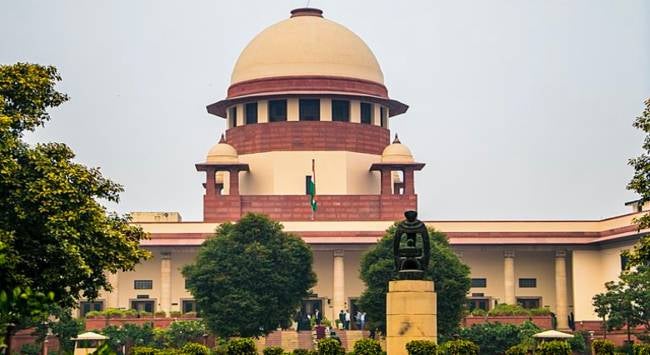
| Title: | Control of ‘Services’ in Delhi The Centre Counters the Supreme Court |
| Author/s: | Vinod Rai |
| Abstract: | Issues around functional autonomy and jurisdiction of the elected government of Delhi have evoked controversy from the very inception of the Assembly. From 1952, when it was first created, irrespective of the political dispensation, there has been constant bickering about the extent of functional autonomy that the elected government can exercise. The 1991 constitution amendment act inserted Article 239AA to provide a legislative assembly. However, issues regarding the control of ‘services’ in the government continued to create controversy. In a landmark judgement on 11 May 2023, the Supreme Court decreed that this power rests with the elected government. However, the central government has disagreed by issuing an ordinance to restore this power to the Lieutenant Governor. It appears this issue will continue to be contested in parliament and the court. |
| Date: | 29 May 2023 |
| Read More |
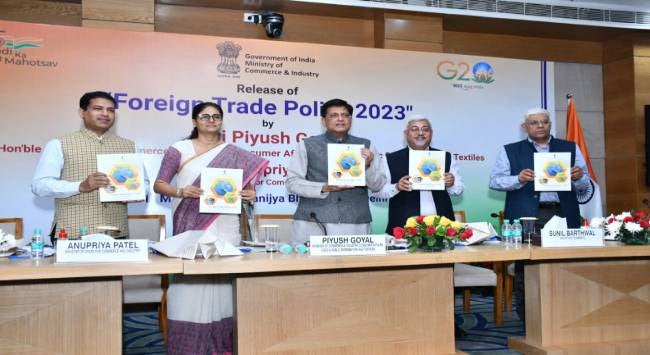
| Title: | India’s Foreign Trade Policy 2023: New Ideas and Old Challenges |
| Author/s: | Amitendu Palit |
| Abstract: | India’s latest Foreign Trade Policy 2023 (FTP) has several new aspects. These include trade facilitation to cut down the cost and time to obtain export permissions; a grassroots focus on enhancing exports from various districts; emphasising cross-border e-commerce exports; promoting merchanting and encouraging greater settlement of trade in the Indian Rupee (INR). The ostensible goal of the FTP is to encourage India’s goods and services exports to grow at a faster pace to achieve a combined export target of US$2 trillion (S$2.6 trillion) by 2030. Coming against the backdrop of recent good performance by exports, the FTP aims to maintain and accelerate the momentum in the years to come. While the objectives of the FTP are laudable, realising these will require obtaining greater efficiency in internal processes, higher administrative coordination between central and state departments, establishing strong merchanting infrastructure and ensuring greater ease of using INR in India’s trade with its partners. |
| Date: | 17 April 2023 |
| Read More |
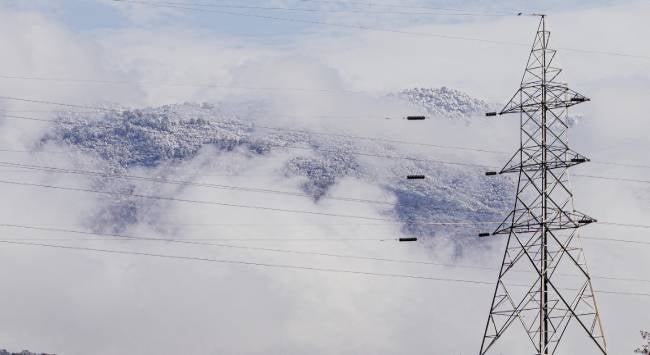
| Title: | Enhancing Nepal-Bangladesh Relations |
| Author/s: | Nishchal N Pandey, Mahesh Raj Bhatta |
| Abstract: | The year 2022 marked 50 years of diplomatic relations between Nepal and Bangladesh. Diplomatic ties were established in 1972, making Nepal the seventh country to officially recognise Bangladesh. Since then, bilateral relations have been growing steadily with the primary focus on improving people-to-people connections and furthering trade and economic ties. Nonetheless, despite enormous scope for trade and commerce between the two nations, the volume of bilateral trade has not yet reached its optimum. Geographically, Nepal and Bangladesh are a short distance apart. Borders between both the nations are separated by the Siliguri Corridor, also known as the Chicken Neck, 22 kilometres of Indian territory that separates southern Nepal and northern Bangladesh. |
| Date: | 4 January 2023 |
| Read More |
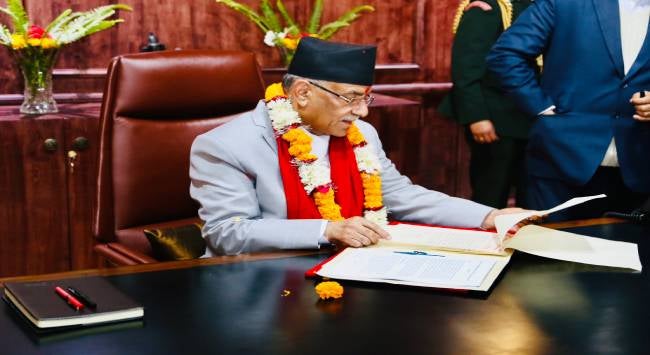
| Title: | New Government in Nepal: Challenges and Concerns |
| Author/s: | Amit Ranjan |
| Abstract: | After days of political speculations, Nepal’s new prime minister, Pushpa Kamal Dahal, has managed to form a coalition government. His foremost challenge is to manage the coalition government which heavily depends on the Communist Party of Nepal-Unified Marxist Leninist and a few other smaller parties. Other than political stability, the new government has to focus on issues relating to the country’s economy, foreign policy and environment. |
| Date: | 3 January 2023 |
| Read More |
Load more


